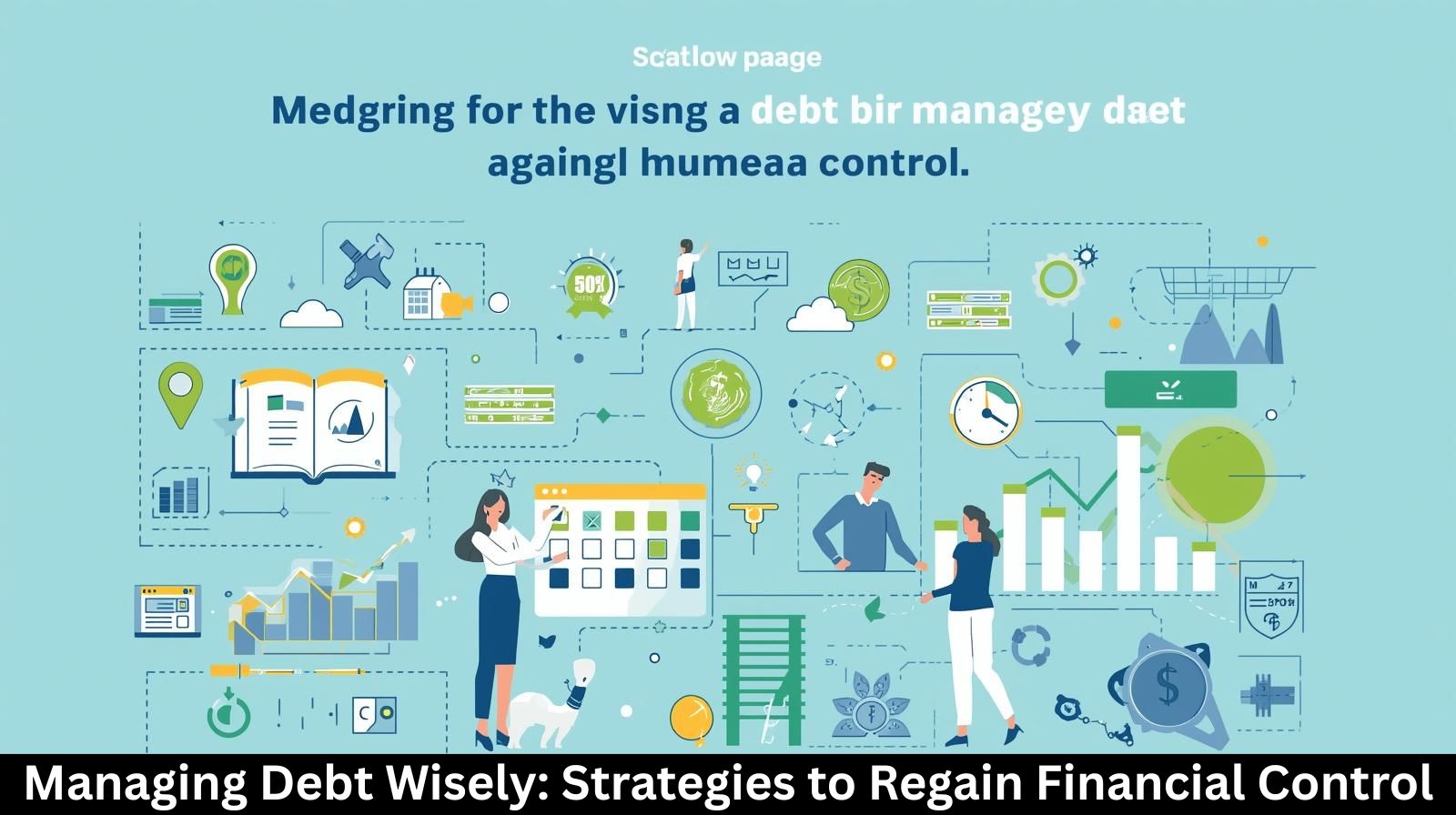Money doesn’t buy happiness — but it does buy freedom, peace of mind, and choices. That’s what financial security is all about. It’s not about being rich; it’s about knowing you’re prepared for the future and protected from life’s surprises.
In this guide, we’ll break down exactly how to build financial security step by step so you can create a solid foundation for your future.
Understanding Financial Security
What Financial Security Really Means
Financial security means being confident that you can cover your needs, manage emergencies, and plan for long-term goals without constant stress about money.
Signs You’re Financially Secure
- You have an emergency fund
- Your income exceeds your expenses
- You’re free from high-interest debt
- You’re saving and investing regularly
Laying the Groundwork: Knowing Where You Stand
Before you can build financial strength, you need to know your starting point.
List out your income sources, monthly expenses, debts, and assets. Once you have a full picture, you’ll know what needs improvement.
Use tools like spreadsheets or apps such as Mint or YNAB to help you stay organized.
Setting Financial Goals That Matter
Importance of Goal Setting
Without clear goals, you’re just drifting financially. Setting targets gives your money direction.
Short-Term vs. Long-Term Goals
- Short-term: Pay off credit cards, save for a vacation.
- Long-term: Buy a home, build a retirement fund.
SMART Goal Framework
Set goals that are Specific, Measurable, Achievable, Relevant, and Time-bound.
Example: “Save $10,000 for a house down payment in 18 months.”
Creating a Realistic Budget
Why Budgeting Is the Foundation
A budget is your financial roadmap. It ensures that every dollar has a purpose — saving, spending, or investing.
Budgeting Methods That Actually Work
- 50/30/20 Rule: 50% needs, 30% wants, 20% savings/debt repayment
- Zero-Based Budgeting: Every dollar is assigned a job
- Envelope System: Great for managing variable spending categories
Building an Emergency Fund
An emergency fund is your financial safety net. It keeps you from falling into debt when life throws surprises your way — like car repairs or medical bills.
How Much to Save
Start small: $1,000. Then work your way up to 3–6 months’ worth of living expenses.
Where to Keep It
Choose a high-yield savings account so your money grows while remaining accessible.
Managing and Eliminating Debt
Understanding Good vs. Bad Debt
- Good debt: Mortgages, student loans (if manageable) — helps build assets.
- Bad debt: Credit card balances, payday loans — drains your wealth.
Strategies to Pay Off Debt Efficiently
- Snowball Method: Pay smallest balances first for motivation.
- Avalanche Method: Pay highest interest debts first to save money.
Developing Healthy Saving Habits
Building wealth isn’t about big leaps — it’s about small, consistent actions.
Use the “pay yourself first” strategy — save before you spend.
Automating Savings
Set up automatic transfers to your savings or investment accounts. It removes the temptation to spend impulsively.
Investing for Long-Term Growth
Saving alone won’t make you wealthy — investing does.
Why Investing Is Essential
Inflation eats away at your savings over time. Investing helps your money grow faster than inflation.
Different Types of Investments
- Stocks: Higher risk, higher reward
- Bonds: Stable and predictable
- ETFs/Index Funds: Great for beginners
- Real Estate: Long-term appreciation potential
Start small — even $50 a month can grow significantly over time.
Protecting Your Assets and Income
Financial security also means protecting what you’ve built.
Importance of Insurance
Insurance shields you from financial disasters.
Types of Coverage to Consider
- Health insurance
- Life insurance
- Disability insurance
- Home or renter’s insurance
These ensure one emergency doesn’t erase years of progress.
Planning for Retirement Early
Why Early Planning Matters
The earlier you start, the more time your money has to grow through compound interest.
Retirement Savings Options
- 401(k): Employer-sponsored, often with matching contributions
- IRA: Individual retirement account with tax benefits
- Roth IRA: Pay taxes now, grow tax-free later
Even small contributions now can make a big difference later.
Diversifying Your Income Sources
Relying on one income stream is risky.
Build financial security by creating multiple income streams — think side hustles, freelance work, or passive income from investments.
Simple Side Hustles to Start Today
- Freelancing online
- Selling digital products
- Affiliate marketing
- Renting out unused space
Improving Financial Literacy
How Knowledge Drives Financial Empowerment
The more you know about money, the better your financial choices. Education is the foundation of lasting security.
Best Resources for Financial Education
- Books like Rich Dad Poor Dad or The Total Money Makeover
- Podcasts such as The Ramsey Show
- Online courses or YouTube channels focused on personal finance
Avoiding Common Financial Mistakes
Lifestyle Inflation
Avoid upgrading your lifestyle every time your income increases. Instead, save or invest the extra money.
Ignoring Credit Health
Your credit score affects everything — from loans to job opportunities.
Pay bills on time and keep credit utilization low.
Staying Consistent and Adapting Over Time
Financial security isn’t a one-time task — it’s a lifelong habit. Review your goals and budget regularly. Life changes — your financial plan should, too.
Consistency beats perfection. Small, steady progress always wins.
Conclusion
Building financial security isn’t about luck — it’s about intentional planning, consistent effort, and patience.
By budgeting wisely, saving consistently, investing smartly, and protecting your assets, you’ll create a foundation that can weather any storm.
Financial freedom starts with a single step — take that step today.
FAQs
1. How long does it take to become financially secure?
It varies, but with discipline, you can see noticeable progress within a year.
2. Should I pay off debt or save first?
Do both — build a small emergency fund, then focus on paying down high-interest debt.
3. How much should I save for emergencies?
Aim for 3–6 months of essential expenses.
4. Is investing risky for beginners?
All investing carries risk, but starting with diversified options like index funds lowers it.
5. How often should I review my financial plan?
At least once every 3–6 months or whenever you experience major life changes.



